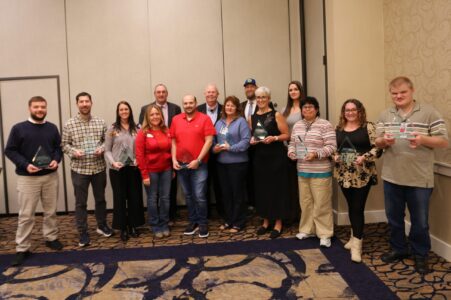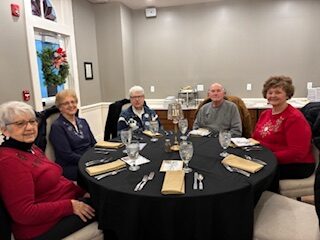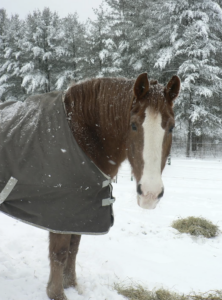Exceeding expectations is rewarding

A rider facing backwards is captured in this video from Centaur Stride.
Why does it sometimes seem that the greater the expectations, the greater the disappointments? How do we learn to be thankful and appreciative for the little things? Everyday, working with children with disabilities, I learned how to appreciate and look for the little things.
We had to submit videotapes for accreditation as a therapeutic riding center. We used Coco as one of three horses to be evaluated. Coco was donated and had gone through some incredible rehabilitation to become a therapy pony. He had already proven to have that inherent ability to just know what was needed for some of our riders. He tolerated things that other horses could not, such as riders who couldn’t sit still, those who couldn’t stay sitting up, various riding positions of the rider, riders with tremors, and so much more. He must have had some draft horse in him, because he was stocky with a nice round back, difficult to fit a saddle, but perfect for a bareback pad. I thought he would be a good example to use to demonstrate how far he had come and his level of patience.
At that time, we had a 13-year-old boy who was blind, profoundly intellectually impaired, who also had cerebral palsy. He was small for his age. He could bear weight using a walker and moderate assist to steer the walker, but only for very short distances, and then he would just sit down on the ground.
He also had curvature of the spine and had to wear a back brace.
A few seconds after placing him on Coco without his brace, he would lie back and shimmy to align his back to perfectly balance on Coco. Then he would bend his knees and cross his ankle over one knee, and just hum. Our goal was to improve his ability to sit unsupported. We often changed his position on the horse to side-sit and backward to see if the different positions, stimulating different automatic reactions, would help. We also changed the speed of the walk and the directions with serpentines and circles to give him different sensory stimuli. The rider appeared happy on the horse and was making some progress at times in his sitting tolerance, sometimes even smiling or making noises. He didn’t talk. Improvements carried over to some functional gains with his walking, where he stood up better and was even sitting down on the floor less often.
We received our review of the accreditation, and we passed. However, they questioned the rider’s lack of sitting and recommended that he not be a candidate for therapeutic riding. After a few more weeks with the rider attending weekly sessions and influenced by the comments from the panel of accreditors, I made the decision to discontinue that rider.
When I told the mom that we were going to take him off the schedule, she froze, and with tears immediately rolling down her cheeks, begged me to reconsider. She said, “You don’t even know how much this is helping him. Before he started riding, he was hospitalized at least once a month for bowel impaction, regardless of the number of enemas or stool softeners I gave him. He was miserable with discomfort and his lack of movement would just make it worse. Since he began riding, he has had regular bowel movements, sometimes before we even get home from riding. He is more cheerful, is eating better and is gaining some weight.” He was sitting up more because it didn’t hurt to sit when he wasn’t impacted. We put him back on the schedule! I learned to trust my knowledge, instincts and compassion. There were no comments in the registration papers about this significant problem and sessions would have been different had I known, but even without me knowing and adjusting the action plan, the horse knew!
The benefits of horseback riding include so much more than just what we expect to see. Sometimes, we must set our expectations aside, and just be present in the moment, and let the horse work his magic! The unexpected benefits are often beyond our greatest expectations. There is a saying, “The miracle is only five minutes away, don’t quit”.
Centaur Stride made a difference in that one child’s life. What if it was my child?
Please help us to continue to help others. Send donations to: Centaur Stride, Inc., PO Box 174, Westfield, NY 14787; call to volunteer (716) 326-4318. Visit our website at: www.centaurstride.org and please like and follow our Facebook page: Centaur Stride Therapeutic Horseback Riding facility. Comments can be emailed to: claudiamonroe@centaurstride.org
https//linktr.ee/centaurstride
Claudia Monroe is president of Centaur Stride.



